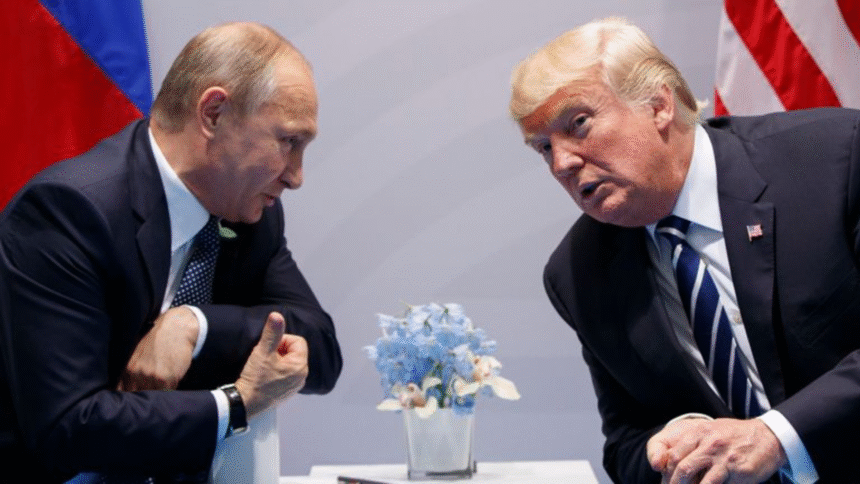As the war in Ukraine continues, the US faces a dilemma over imposing new sanctions on Moscow. President Donald Trump has so far resisted calls to implement additional measures, saying the time for “devastating” sanctions has not yet come.
On May 28, Trump told reporters at the White House that he is “close to reaching a deal” and does not want to jeopardize the process by imposing new sanctions. He emphasized the importance of knowing “when to use sanctions.”
What Does the New Sanctions Bill Propose?
A bipartisan bill in Congress, led by Senators Lindsey Graham and Richard Blumenthal, aims to impose tough sanctions on Russian banks and entities supporting Moscow’s war effort in Ukraine. The bill also proposes tariffs of at least 500% on imports from any country that knowingly buys oil, uranium, natural gas, or petroleum products originating from Russia.
The bill targets the so-called “shadow fleet” — old ships often with unclear ownership that Russia uses to evade Western sanctions on its lucrative oil exports.
Challenges and Impact
The new sanctions come at a time when Russia’s economy is slowing due to falling oil prices and very high interest rates. However, sanctions expert Rachel Ziemba warns the bill could be softened during Congressional review and that tariffs on third countries may be unsuitable for now.
The Trump administration also worries that excessive financial sanctions could damage the dollar’s global role and push other countries toward alternative financial systems, undermining US interests.
Trump’s Position
Trump has yet to take a firm stance on supporting the bill. White House spokeswoman Karoline Leavitt said the president wants to keep all options open and is focused on peace negotiations.
Analysts suggest Trump’s caution may stem from his personal ties with Putin and concerns about the global market impact and allies like China and India, which buy Russian energy.
Looking Ahead
Expert Leon Aron believes tougher sanctions on Russia’s oil industry and the shadow fleet could deliver a serious blow to Moscow and push Russia to seriously consider peace.
Meanwhile, former House Speaker Newt Gingrich urges the US to dramatically increase military aid to Ukraine, warning that only strong pressure will stop Russian aggression.
Trump indicated on May 28 that decisions about new sanctions will become clear in the coming weeks, leaving open the possibility of a shift in US strategy toward Moscow.







